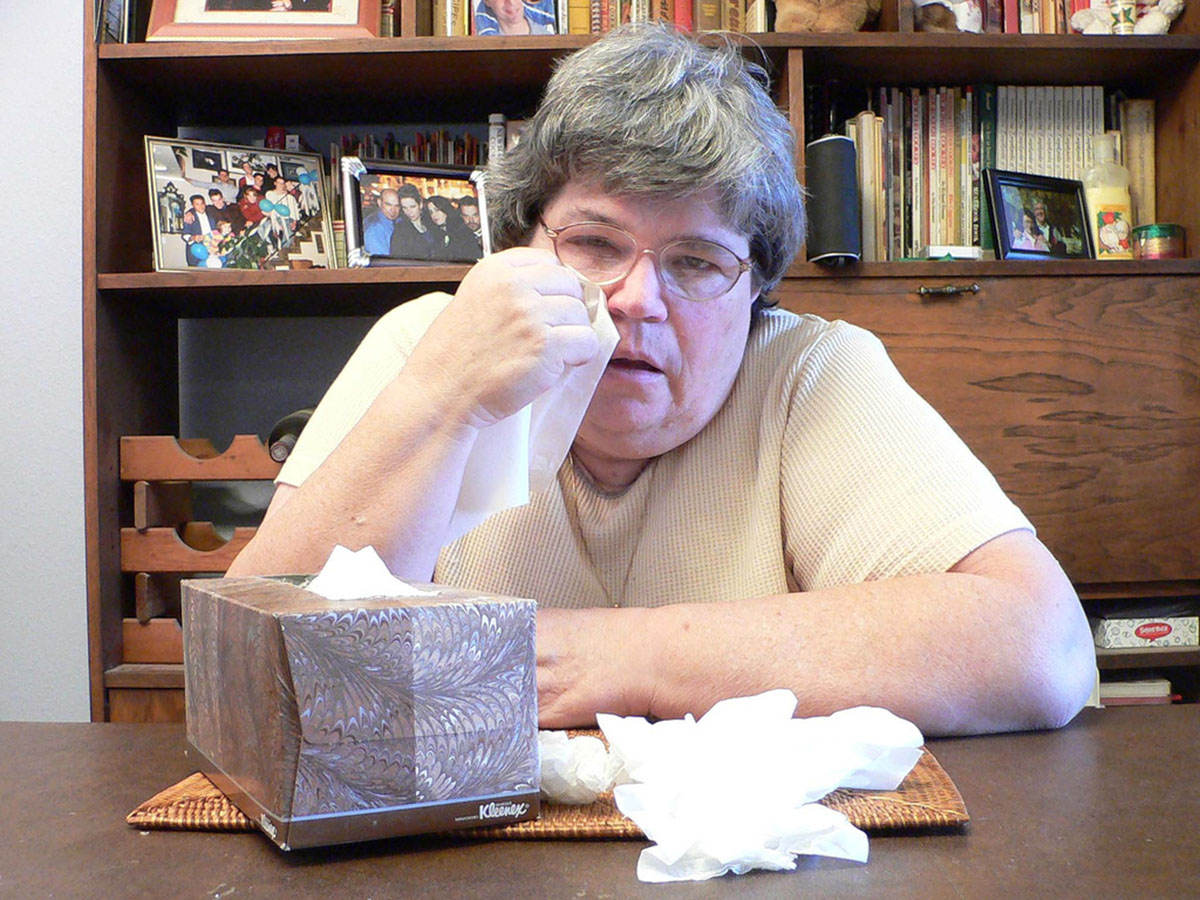Table of Contents
The Brazilian government has linked the microcephaly "outbreak" to the Zika virus and has rightfully declared a public health emergency, but what does the evidence say?
Between 440,000 and 1,300,000 people are believed to have caught the Zika virus in Brazil after the first case was reported in May 2015. According to Claudio Maierovitch, the director of the department of surveillance of communicable diseases at Brazil’s Health Ministry, the origins of the microcephaly cases are clear. "There is no doubt that the majority of the microcephaly cases are related to the Zika virus," he said in a press conference in December 2015.

The European Center for Disease Prevention And Control, the ECDP, isn't yet so sure. It concluded that "there is currently only ecological evidence of an association between the two events. A possible causative nature of the association cannot be ruled out with the evidence available.".
Meanwhile, the American CDC is takes a similar view, based on current evidence. It notes that the Brazilian Ministry or Health has its suspicions, and goes on to say that "it will take time to determine the cause of microcephaly for the cases being reported in Brazil".
Does That Really Matter?
The link between the Zika virus and the Brazilian microcephaly cases hasn't been officially confirmed yet, and it's interesting to note that there have been no reports of dramatically increased microcephaly cases in other regions where the virus is present. Yet CNN notes that most moms who gave birth to babies with unusually small heads developed symptoms of the Zika virus in the early stages of their pregnancies, and traces of the virus were found in the placentas of a few babies born with the condition.
Evidence regarding the link between ZIKV and microcephaly will doubtlessly come out soon. In the meantime, it is all too clear that the associated can't be ruled out by any means. Therefore, since no vaccine currently exists for the Zika virus, trying to avoid being bitten by a mosquito that might carry the virus is the best preventative measure anyone can take.
READ Bacteria And Viruses You Can Catch From Using Public Bathrooms
Here's what you can do:
- If you do not live in Brazil or another country affected by the Zika virus, avoid traveling there if possible.
- Wherever you live, use an insect repellent containing DEET for long-lasting protection against mosquito bites (in accordance with the instructions, which include not applying it to the skin underneath your clothes).
- Sleep under a mosquito net.
- Either close windows and doors and use air conditioning, or use mosquito screens to keep mosquitoes outdoors.
- If you do live in Brazil and are of reproductive age, strongly consider following the advice the Brazilian government is offering right now, and don't get pregnant or get your partner pregnant until more evidence becomes available about the link between Zika and microcephaly.
- Photo courtesy of eneas: www.flickr.com/photos/eneas/3471986083/
- Photo courtesy of basykes: www.flickr.com/photos/basykes/1267333589/
- ecdc.europa.eu/en/publications/Publications/zika-microcephaly-Brazil-rapid-risk-assessment-Nov-2015.pdf
- www.ncbi.nlm.nih.gov/pmc/articles/PMC2819875/
- www.cdc.gov/zika/symptoms/index.html
- www.cdc.gov/zika/pdfs/possible-association-between-zika-virus-and-microcephaly.pdf
- edition.cnn.com/2015/12/23/health/brazil-zika-pregnancy-warning/
- www.cbsnews.com/news/mosquito-borne-zika-virus-found-in-puerto-rico/
- www.thedailybeast.com/articles/2015/12/24/doctors-warn-brazilian-women-don-t-get-pregnant.html
- www.washingtonpost.com/news/to-your-health/wp/2015/12/23/brazil-declares-emergency-after-2400-babies-are-born-with-brain-damage-possibly-due-to-mosquito-borne-virus/
- www.nytimes.com/2015/12/31/world/americas/alarm-spreads-in-brazil-over-a-virus-and-a-surge-in-malformed-infants.html?smid=fb-nytimes&smtyp=cur&_r=1


Your thoughts on this